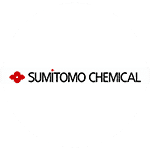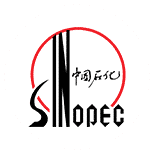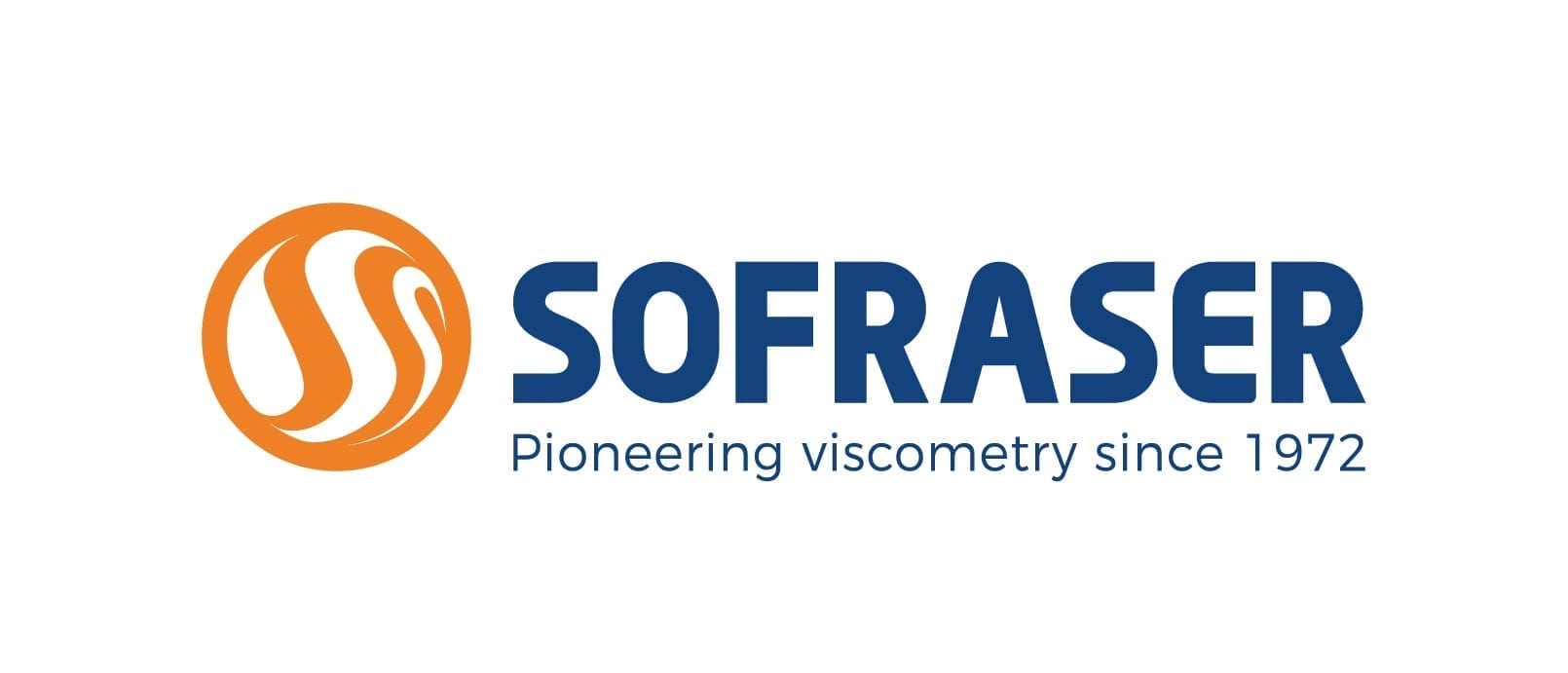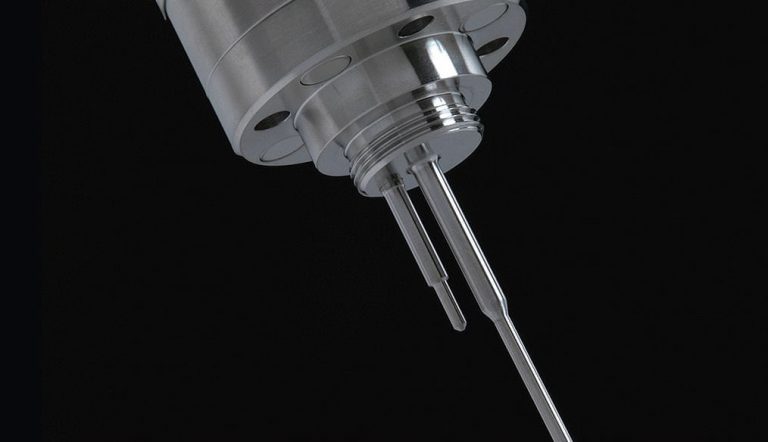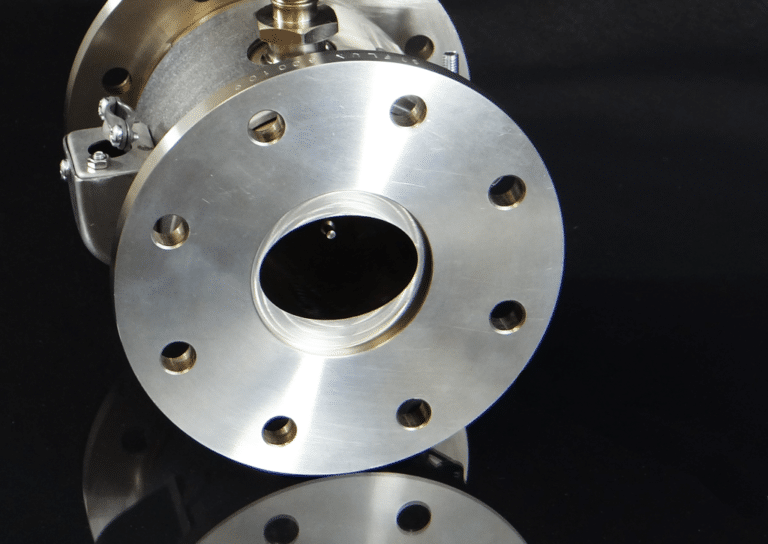Polymers & Chemicals viscometers
ALWAYS IN CONTROL
Because constant adaptation and control are the keys when it comes to polymerization, plastic recycling or latex atomization, we have designed the most accurate viscometers on the market to ease your processes. Polymerization reactions are complex processes involving reaction mechanisms often difficult to control.
Polymers are high molecular mass molecules composed of repeating units called monomers that are connected by covalent chemical bonds. A batch is mainly composed of monomers and has a low viscosity. After adding a catalyst and / or heat, the polymerization process starts and viscosity increases. Viscosity is an indirect means of measuring the molecular mass of polymers.
Most resins and speciality polymers are made in reactor using batch polymerization with unique recipes that require constant adaptation of manufacturing parameters.
Many polymers are also produced in continuous processes, the control as to be made directly in line in order to maintain the steady-state conditions.
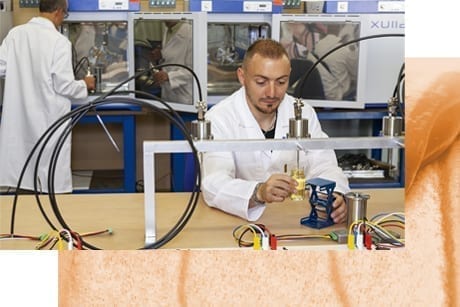
The need of control is our main concern from our workshop to your process.
Each viscometer follows a long carefull calibration and validation cycle
under ISO 9001 certification.
APPLICATIONS
Our sensors are used to control many monomer & polymer processes
Epoxy resins – Phenolic resin – Phenol formadehyde – Urea resins – PMMA – Polyamide – Polycarbonate – Polyester – Polyimide – Polyurethane – Silicone – EPDM – Polybutadiene – Polyisobutylene – Synthetic rubber
Colloidal silica – Waxes – Surfactants – Isocyanates (MDI, TDI) – Emulsions – Base resin for the manufacture of paints – Chloromethane – Methyl acetate – Melamine – Methyl methacrylate, etc.
EASING YOUR PROCESSES
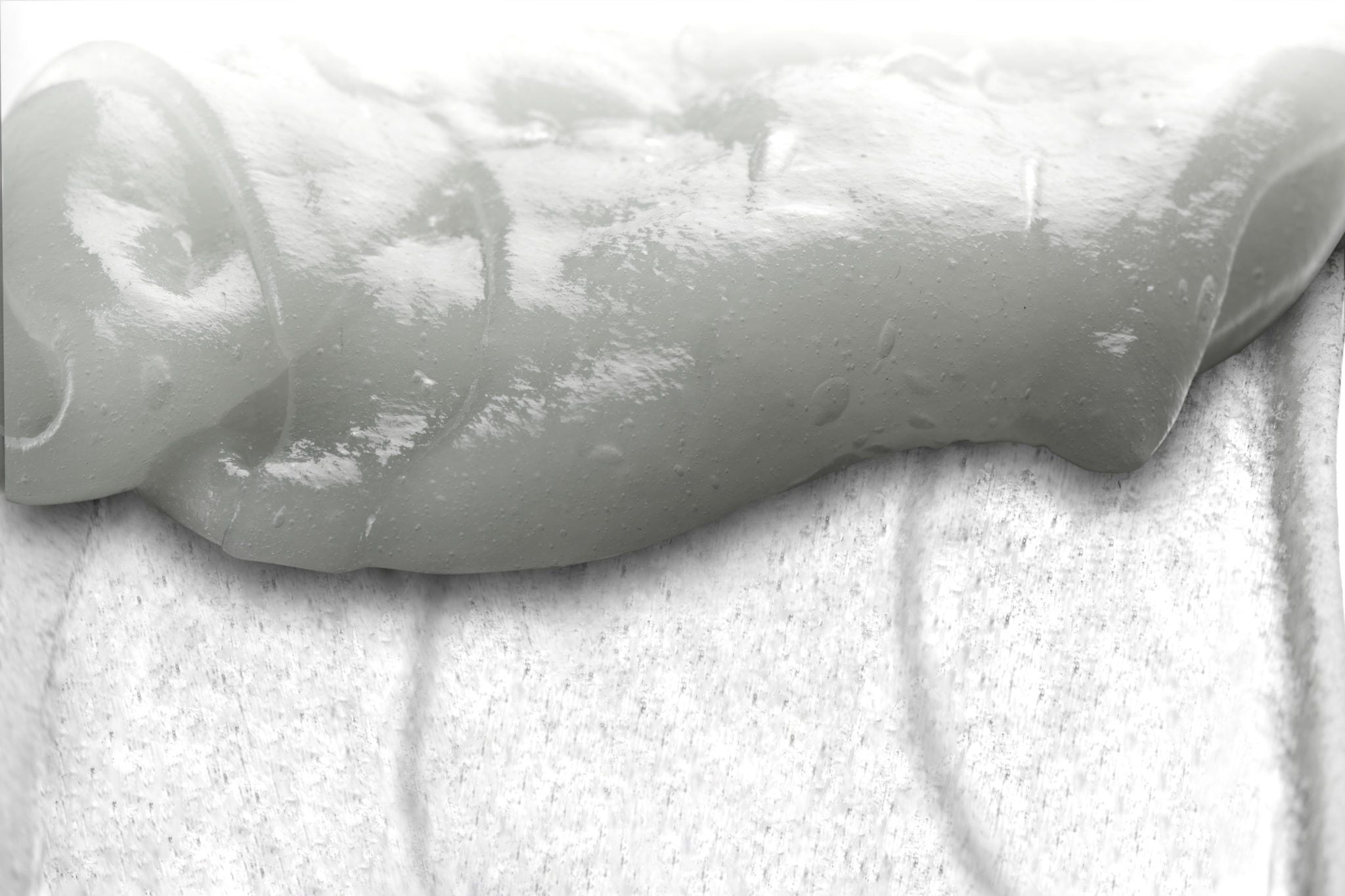
POLYMERIZATION CONTROL COMMON CONSTRAINTS
• Production capacity limited by batch duration.
• Evolution of reaction controlled by costly and time-consuming laboratory measurements.
• Unknown evolution between laboratory controls, affecting final product quality and end-point detection.
• Lack of control, leading to hardening of polymer (loss of production, great material damage)
OUR SOLUTIONS ALLOW:
• To increase production through time cycle optimization.
• Better end-point detection.
• Easier monitoring.
• Prevention of mass solidification.
• Reduction of costly and time-consuming laboratory sampling.
• One single sensor able to provide high level of sensitivity over a very large measurement range
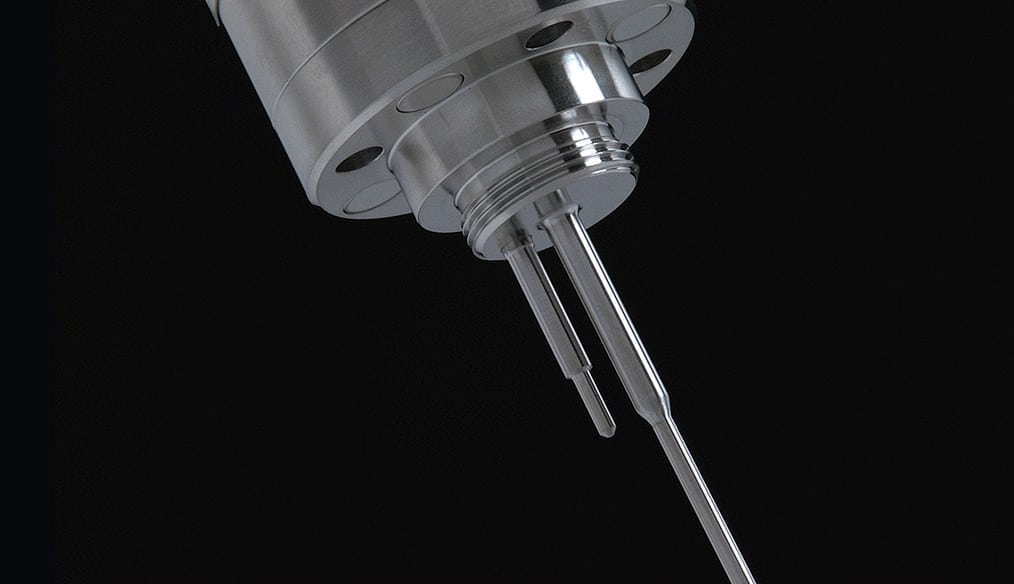
discover

Measuring the viscosity of starch glue for the production of corrugated cardboard
Classified in polymer product family,… Read more

Batch monitoring of phenolic resin manufacture
Application of resin viscosity measurement… Read more
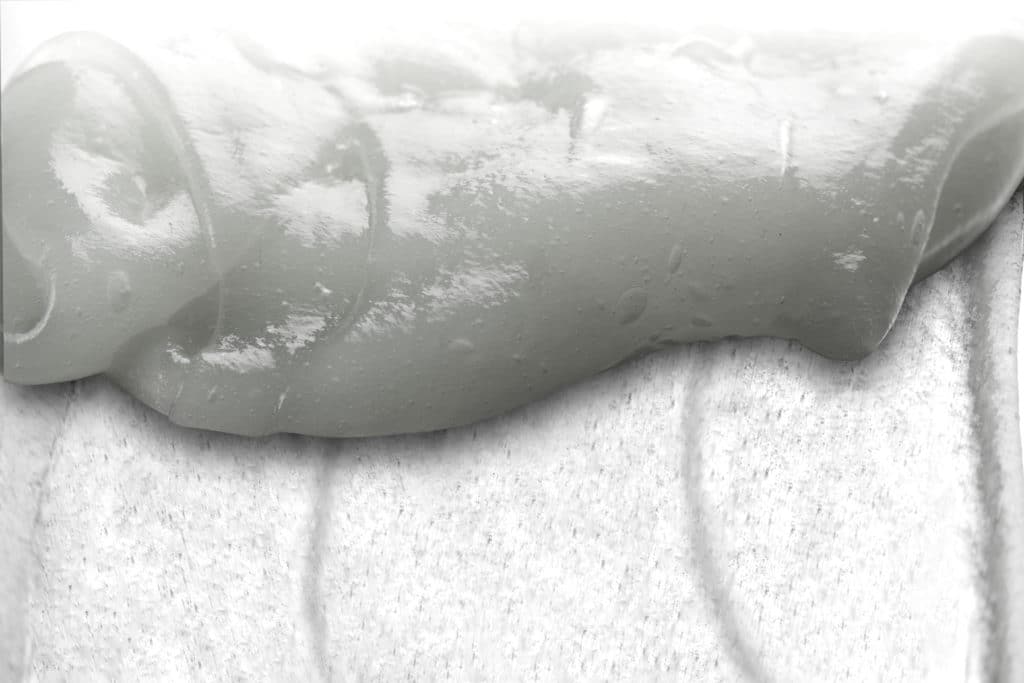
Combining Process Rheology and Spectroscopy Measurements to Improve Batch Polyurethane Polymer Production
In polymer production, the degree… Read more
POLYMERS & CHEMICALS









